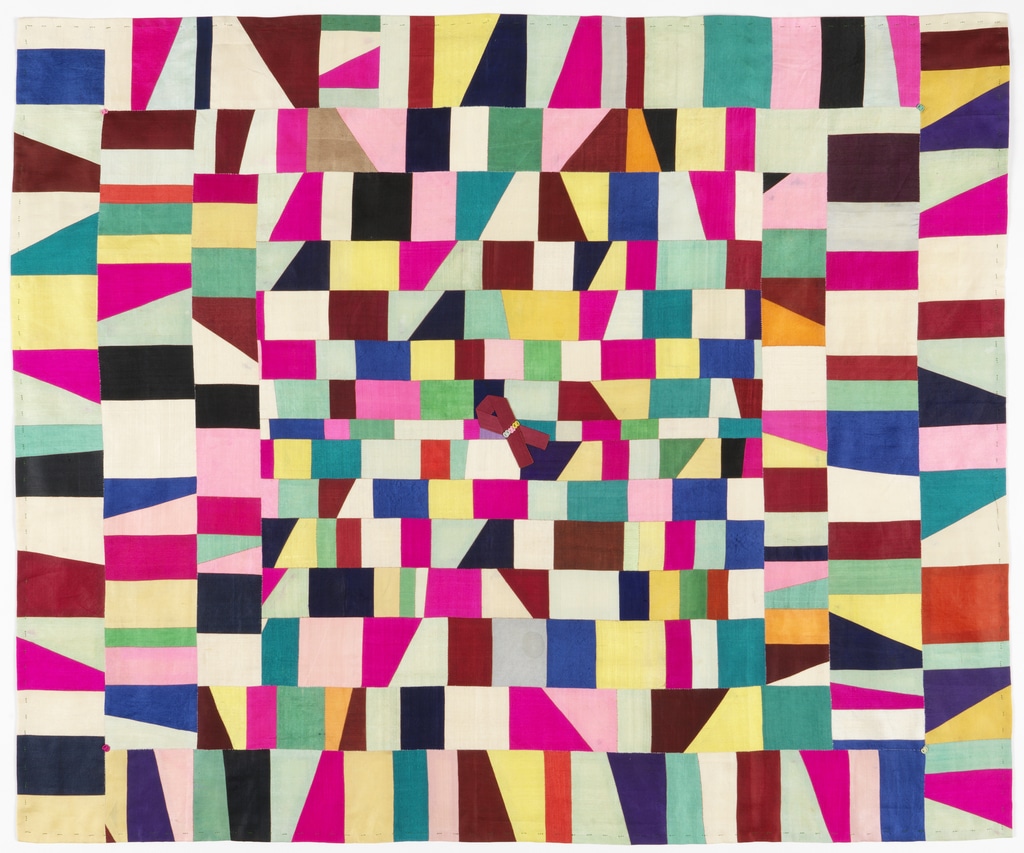Korean American Michael B. Kim shares his love of books, chimaek, and the power of jeong at the workplace.
According to Forbes, Michael B. Kim of MBK Partners jumped 10 places this year on their list of 50 Richest to become the third wealthiest person in Korea. But if you ask Kim, he might say the most exciting news of the year so far was the release of the paperback version of his first novel, Offerings.
The story of Michael Byung Ju Kim is remarkable. The eldest son of immigrants, Kim grew up in Cherry Hill, NJ, and graduated as an English Literature major from Haverford College. Kim’s father had always wanted him to become a scholar, and while Kim had a deep love of literature, he ultimately chose a different path. He pursued an MBA at Harvard Business School, moved back to his homeland, and went on to become one of the first and most successful private equity investors in Asia.
If you’re curious about how this story came to be, you’d be smart to read Offerings. The main character is an American investment banker named Dae Joon, who returns to his mother country of Korea during the IMF crisis and falls in love with the beautiful daughter of a wealthy businessman. It’s a story that very much resembles the real life bio of Michael Kim.
Kim says the book is fiction but acknowledges that his thoughts and memories are woven in throughout the book and that there are many unmistakable similarities to his own life. With news of a movie version already buzzing, some big names are jockeying for a chance to play the lead role.
Kim currently splits his time between Korea and New York to spend more time with his two sons who live in the US and also to serve as the only Korean American member of the Board of Trustees of two giants in the arts world, the Metropolitan Museum of Art and Carnegie Hall.
Here is our exclusive interview with a man of many talents, Michael B. Kim.
What is your go-to cocktail?
A bit embarrassing, but I never learned cocktails. One of those big gaps in my knowledge of American/Western culture that I never quite got filled.
Koreans drink soju or beer, occasionally mixed. After we (MBK Partners) acquired a fried chicken operator in Korea, I’ve picked up the joys of 치맥 chimaek.
What does your typical day off look like?
I don’t really have days off. One of the things I found out early about myself is that I don’t need to turn off (a good thing and a bad thing). I do meditate and, of course, read every day – more of both on weekends.
What is your favorite getaway to relax and recharge?
The study in my home, my sanctum sanctorum. Just me and my books, no phone, no wifi. I find peace there, more so than at any beach or exotic locale.
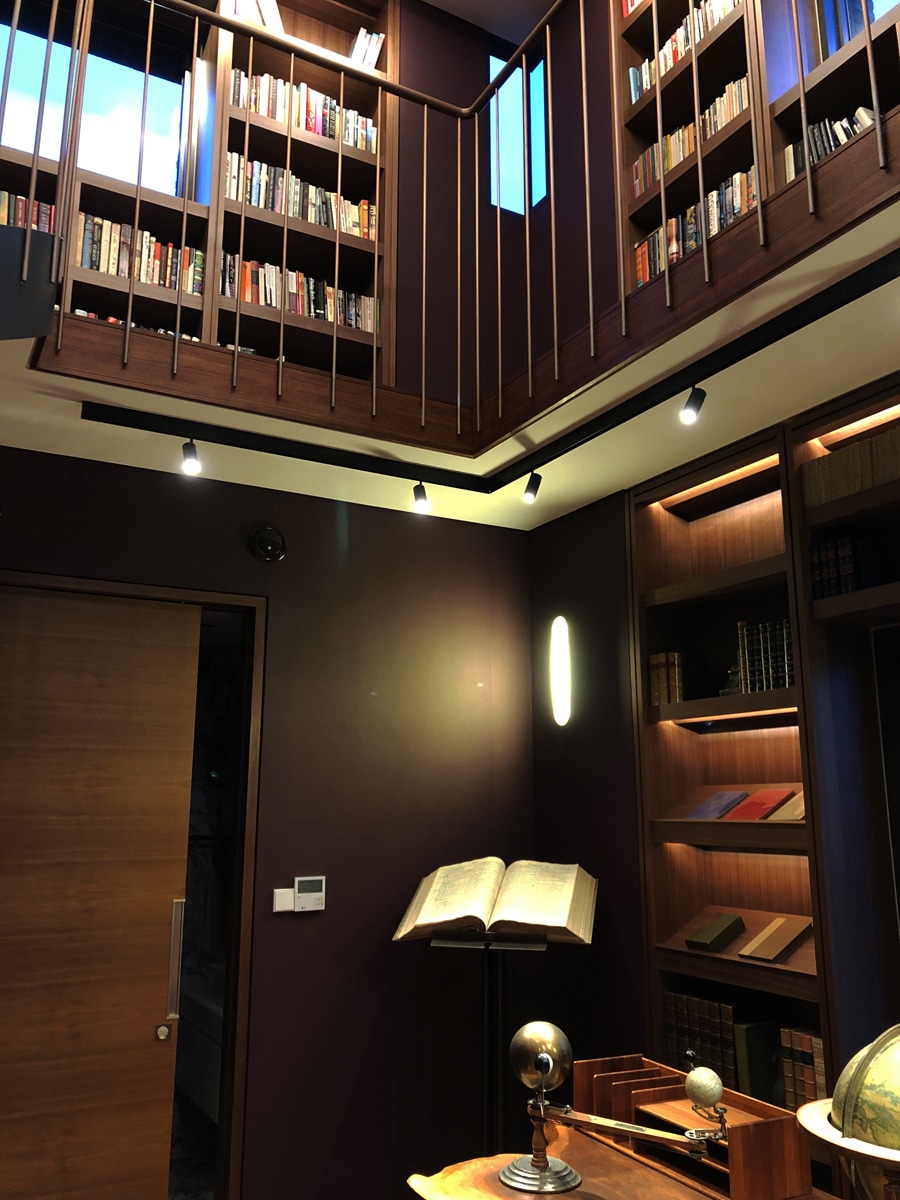
What are your favorite Korean restaurants all over the world?
All my favorite Korean restaurants are in Korea. I’ll warn you they’re mostly small, unknown places. People here don’t really go to fancy restaurants for Korean. 유용욱 바베큐연구소 Yoo’s Barbecue Lab in 남영동 Namyeong-dong, 단비 Danbi in 한남동 Hannam-dong (traditional 한식 Korean Cuisine), 한국술집 안씨막걸리 Mr. Ahn’s Craft Makgeolli in 이태원 Itaewon (안주), 청 Chung in 한남동 Hannam-dong (한식 중식 Korean Chinese), 감촌 Gamchon in 종로 Jongno-gu (순두부, 전 Soondubu, Jeon).
My job entails quite a bit of travel, and my rule abroad is to eat local food only. So only French food when traveling in France, pasta in Italy, fish and chips in England! One exception is in Japan, which for my money has the best restaurants in all cuisines – except 한식 Korean cuisine.

What are your favorite K-Dramas?
Can’t say I’ve seen many K-Dramas. But I do have some favorite K-movies, including “박하사탕 Peppermint Candy,” “밀양 Secret Sunshine,” “Mother,” “추격자 The Chaser,” “The Wailing,” “Burning.”
Probably biased, but I think Koreans are making some of the freshest, most creative movies out there.
The paperback version of “Offerings” recently came out. Why did you write the book and how did you find time in your busy work schedule?
It’s a story that chased me for years. My father had passed away from disease when I was in my 30s, and I’d wanted to write an elegy for him. I also wanted to get out a jeremiad against the greed I saw running rampant on Wall Street and the corruption among the chaebol in Korea – an “Inside Baseball” take on the business world.
Given the demands of my day job, it took me over 20 years to write the book. I wrote whenever I could steal away a couple of hours at night and on the weekends, and I forewent vacations. Because the writing took so long, I found my perspective on the world and my story changed. I tried to remain true to both my younger, angry voice and the older voice of wisdom – hence the dual narratives.
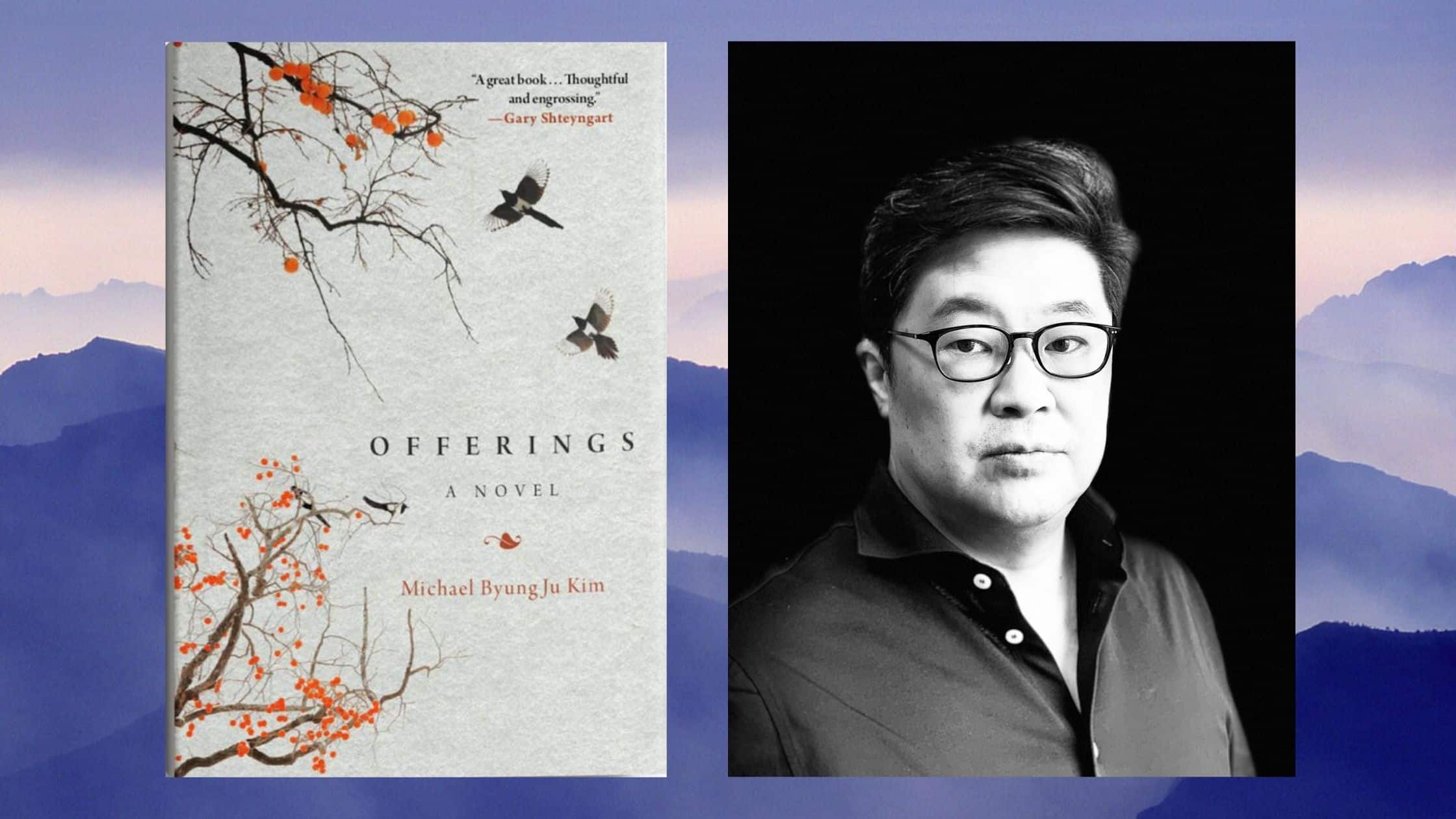
What part was the most difficult to write and why?
The personal parts were difficult, especially the scenes involving the protagonist Dae Joon and his father. Yes, it’s fiction, but fiction is personal at its core. They were painful to write, with the sword of Damocles hanging over the ailing Abuji character, but in a way it was also therapeutic. Writing helped me to deal with my own pain, and loss.
Why did the beautiful chaebol daughter Jee Yeon fall in love with Korean American Dae Joon?
It’s interesting that you pick up on the love story in Offerings. Most people see the book as a financial thriller and/or an immigrant’s tale. But it is a novel about love, between father and son and also between two young people just finding themselves.
The romance between DJ and Jee Yeon happens despite their differences in background because they find they’re both outsiders – he a Korean-American trying to make his way in Korean business and social circles, she a once and still bomb-thrower from inside the palace. You see their mutual discovery in the scene where they run away from a fancy post-recital reception, laughing at the absurdity of it all. And they share a fierce sense of social justice – she had it early on, from her days as a student demonstrator; he has it brought out by Jee Yeon. They become co-conspirators as they become soulmates.
Were you surprised by the reception to the book? It became a national bestseller. And now, I understand it’s in discussions to develop into a feature film?
I honestly didn’t expect it. It’s such a personal story, and a particularly Asian one. I wasn’t confident at all that it’d find an audience. But maybe the personal touched a universal chord in some small way.
I’m gratified, naturally, and grateful. But I didn’t start out to get big sales. I remember trying to manage my publisher’s expectations on sales. I’m just relieved they didn’t lose their shirts.
I’m working with Anonymous Content on the film development. I was initially wildly ambivalent about turning this highly personal story into a movie. But Anonymous convinced me to have some fun with it. Why not?, as my American friends say. We’ll see where it goes.
What moved you to become a writer?
I’ve always written. I’ve kept a journal for nearly 50 years. Writing is the way I make sense of the world in all its random, chaotic, sometimes beautiful glory.
I do think everyone has a story to tell. Those who are able to marshal the required discipline and dedication become authors. Needless to say, becoming a great writer, someone who writes multiple good books that stand the test of time – that’s of a different order.
What is your next book about?
I wanted to write a more traditional love story. But the story that’s coming out has ghosts and spirits popping up in scenes. Writing, at least the way I write, tends to be organic and takes off in sometimes unexpected directions. I’m a very deliberate, meticulous writer, perhaps because English is a learned language for me. I don’t think I’ve ever composed a sentence and not fiddled with it. But over time I’ve learned to give my pen some freedom, let the writing breathe. And with this book, Korean folk tales, tigers and foxes and ghosts keep nudging their way into the narrative.
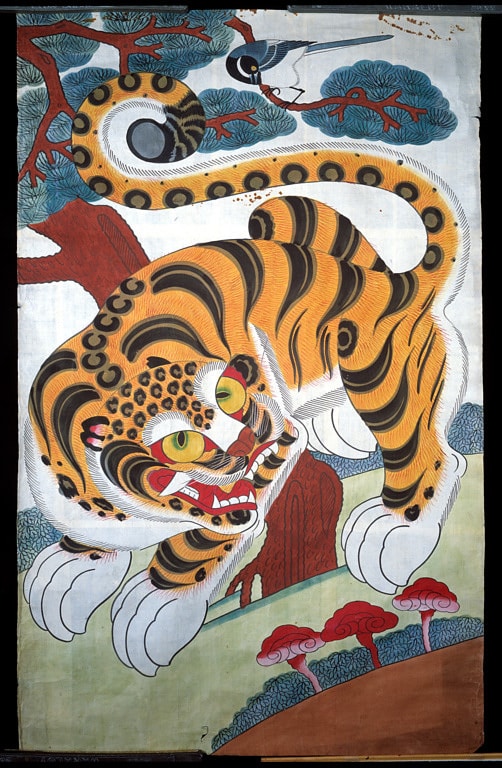
What are the best books you’ve read in the past few years?
So many good books out there, it’s difficult to name just a few. I consider myself, still, a better reader than a writer. I read mostly novels. I’ve always preferred the power of metaphor, and making connections on my own, rather than being told something as in non-fiction. (The current “memoirs” fad is a pet peeve.) If I had to pick, Interpreter of Maladies by Jhumpa Lahiri, The Sympathizer by Viet Thanh Nguyen, The Vegetarian by Han Kang, Enlightenment Now (the rare non-lit book) by Steven Pinker. And, of course, Shakespeare. It all starts and ends with the Bard.
I’ve become enamored over the years of rereading great works. A few summers ago, I reread the entire Shakespeare canon. Reading King Lear as a 50-year-old is a vastly different experience from reading it as a teenager.
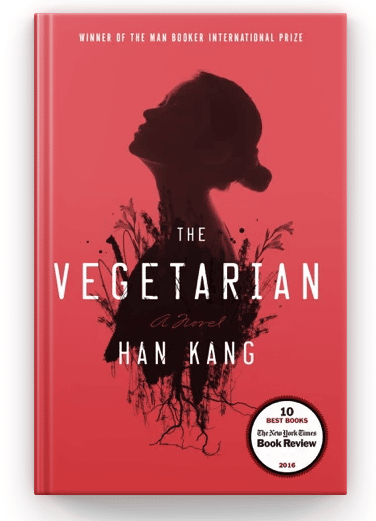
What books have you most gifted to people and why?
The Old Man and the Sea for its writing; The Catcher in the Rye because Holden Caulfield is the truest character in literature; and The Collected Poems of Wiliam Butler Yeats for its beauty.
What do you like most about living in NY vs Seoul (or vice versa)?
In NY, freedom! A truly open society, with all its glories as well as ills.
In Seoul, the people. A warm, caring (sometimes too much) people – an ethos of 배려심. And the food!
What daily habits contributed most to your success in business?
Not so much a daily habit but a mindset of making excellence a habit. My father drilled this into me early on. Excellence in everything you do, all the time. I’ve been surprised to hear myself repeating it to my sons.
We all become our fathers, at some point. The Mobius strip I refer to in my book.

What important lesson did you learn from your parents and/or your in-laws?
From my father, a love of books and respect for everyone.
From my father-in-law, to give 정 jeong to people. Leaders are those who give a bit of themselves to others.
Why’d you go into private equity?
I fell into finance. I had no idea what Wall Street was when I got my first job at Goldman Sachs. But private equity was a more thought-through decision. I wanted to try myself what I was advising clients to do as an M&A banker.
I also wanted to bring the consummately Western “technology” of buyouts to Asia. History is made as much by the disseminators as the innovators. I was in the right place, in international finance, at the right time, during the Asia Financial Crisis. I saw the opportunity to be a financial disseminator and do a technology transfer to my home country, customizing it to local conditions. My way of bridging the West and Asia.
What mistake taught you the biggest lesson?
I’ve made my share of mistakes, on companies and deals certainly but also on people. Failure is a powerful teacher. The important thing is continual learning, including, especially, from mistakes.
I used to pride myself on my eye for talent – hiring being one of the most important things I do in my job – but I’ve been off many times. (I probably should’ve paid more attention in the Human Resources Management class at HBS – who knew it’d be so important?) The way you mitigate hiring risk is through culture. Cultivating an organizational culture that espouses excellence, integrity and collegiality. My experience is that people grow into the culture.
What success are you most proud of?
Raising my two sons, of course. After that, establishing MBK Partners and the MBK Scholarship Foundation, in equal measure. MBK Partners, not just that we’re an Asia PE leader but that we’ve been an agent of change in Asia – in the way we do business, corporate governance, equity and inclusion. Also that we’re a firm where young Asians want to work.
The MBK Scholarship Foundation, which my wife Kyung Ah and I run, has sent over 150 talented, needy students to college. When we started the grant program in 2008, scholarships based on financial need did not exist in Korea. Kyung Ah says it’s the most important thing we’ve done – and I agree.
The next project for the Foundation and me is the Seoul Public Kim Byung Ju Library, the first privately built public library in Korea. We’re going to bring back paper books to Seoul!
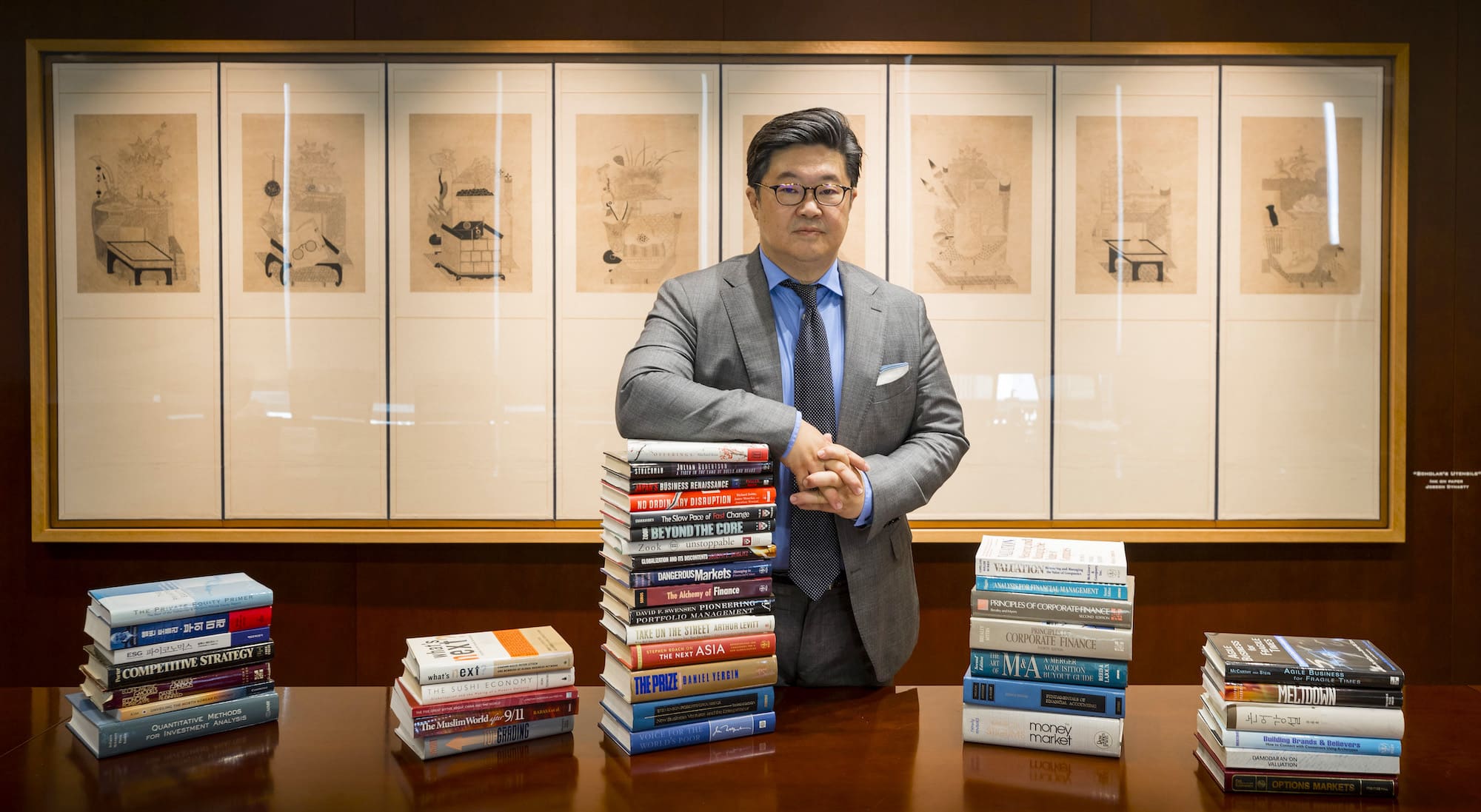
What does it mean to you to be Korean-American?
Your question gets at identity, an essential question. This is what Offerings is about. Dae Joon’s identity crisis, mirrored externally by the Asia Financial Crisis, is the narrative engine. Is he more American or Korean; do his loyalties lie with his U.S-based employer or the Government of Korea; does he do right by laborers or stick with their employer, his friend Wayne? He ultimately follows his heart, guided by Jee Yeon.
A bit differently from DJ, I consider myself more “Korean and American,” in that order, rather than “Korean-American.” I’ve spent over 40 years of my life in Korea; when I’m here in Seoul, I feel at home. At the same time, there’s no denying the effect living my formative years in the U.S. has had on my thinking, outlook, values and even tastes. When in NY, I’m comfortably American. I appreciate the societal openness and the diversity of the people you see in the streets, and I enjoy taking in a NY Yankees game and getting a slice of NY pizza.
For Korean-Americans living in the States, the challenges and responsibilities, are different; and I think especially crucial now. I’m shocked at the recent rise in racist incidents against Koreans and Asians.
What is the most Korean thing about you?
Devotion to family. Also respect for elders, filial piety. And love of 한식 Korean food!
What is the least Korean thing about you?
My discomfort with Koreans’ practice of calling people by their job title – “김 회장 Chairman Kim,” in my case. It gets to identity, again – we’re more than our jobs. I’m a father, husband, writer, philanthropist, traveler, squash player, movie buff and more. I don’t think people should be defined, or limited, by their job description.
That and my annoyance at restaurants’ giving out no more than one menu per table.
What childhood memories are the most important to you?
You’ll see in my book! Dae Joon’s memories are of things I experienced and of feelings and thoughts I felt and thought and remembered.
What do you think is the greatest challenge facing Korean Americans today?
A need for political activism. In a generation and a half, Korean-Americans have achieved mind-boggling success in a variety of fields in the US. Now, Korean-Americans need to be heard. The notion of the “quiet minority” is way past. And forget melting pot. The right metaphor for American society, I’ve always believed, is Melville’s patchwork quilt – part of the whole but distinct. The Korean-American community is part of American society, but it clearly has unique interests. It’s time to advance those interests.
The work starts with addressing the anti-Asian/anti-Korean racism that’s rearing its ugly head across the U.S. But it needs to end with a greater, more critical role in American leadership – political, economic, intellectual leadership. It’ll take the efforts individual leaders, to be sure, but history has shown real power comes from a broad base. Everyone needs to participate.
What advice would you give young Korean Americans who are deciding a career path?
Noli timere.
